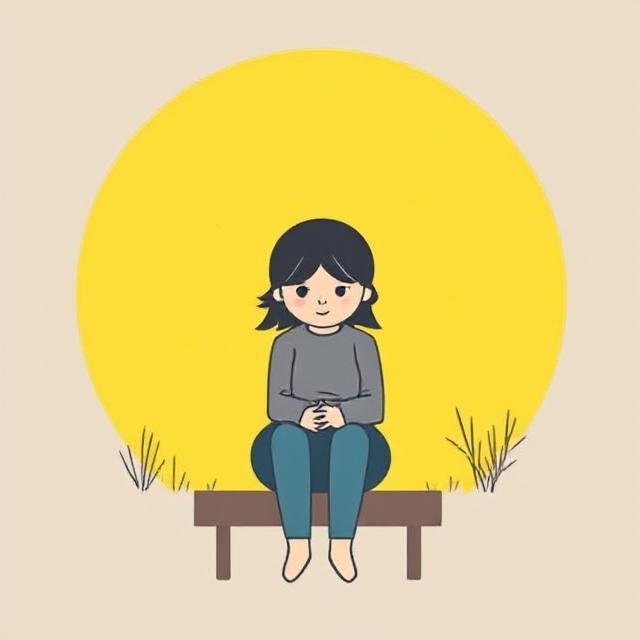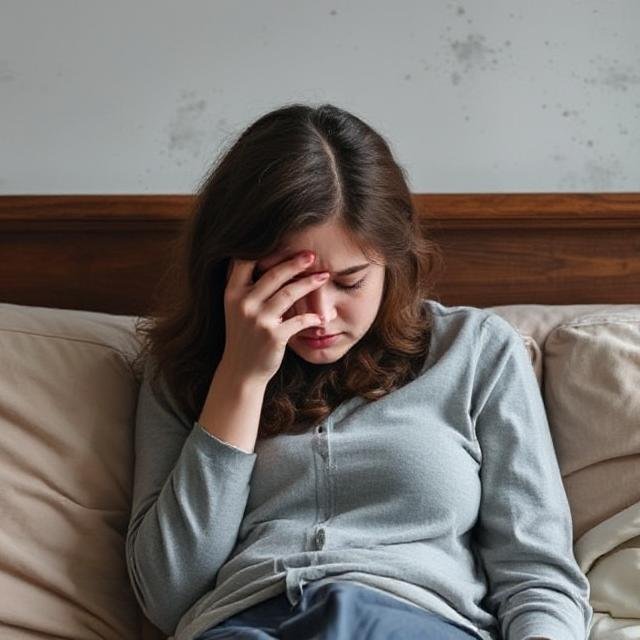Depression
- soulsunleashed
- November 8, 2023
Depression goes beyond feeling sad or having a rough day. Clinically significant depression involves persistent feelings of sadness, hopelessness, or a low mood, along with losing interest in activities that once brought joy. These symptoms can interfere with daily life, work, relationships, and overall well-being.
This complex condition often develops due to a mix of factors, including genetics, family history, trauma, ongoing stress, or physical illness. It’s one of the most common mental health challenges, affecting nearly 1 in 5 adults in the United States at some point in their lives.
FREQUENTLY ASKED QUESTIONS
What are the main symptoms of depression?
Depression often includes persistent sadness, loss of interest in activities, fatigue, difficulty concentrating, changes in appetite or sleep, feelings of worthlessness, and, in severe cases, thoughts of self-harm or suicide. Symptoms must last at least two weeks for a clinical diagnosis.
Can depression go away on its own?
Mild depression may improve over time, especially with healthy lifestyle changes and support. However, moderate to severe depression often requires professional treatment to prevent it from worsening or recurring.
How is depression treated?
Depression is highly treatable. Treatment options include psychotherapy (like cognitive behavioral therapy), medications (such as antidepressants), lifestyle changes, and sometimes alternative therapies. Many people benefit most from a combination of approaches.
How can I help someone who is depressed?
- Listen without judgment
- Encourage professional help
- Offer practical support (e.g., help with daily tasks)
- Stay patient and compassionate
- Watch for warning signs of worsening symptoms or suicidal thoughts
KEY TERMS
Major Depressive Disorder
Major Depressive Disorder is a mental health condition characterized by persistent feelings of sadness, hopelessness, and loss of interest in daily activities. It can impact sleep, appetite, energy levels, and the ability to function day-to-day.
Cognitive Behavioral Therapy
CBT is a type of talk therapy that helps people identify and change negative thinking patterns and behaviors that contribute to depression. It’s highly effective and often recommended as a first-line treatment.
Sleep Hygiene
Sleep hygiene refers to healthy habits and practices that promote quality sleep, such as maintaining a regular sleep schedule, limiting screen use before bed, and creating a comfortable sleep environment. Poor sleep hygiene can worsen depression symptoms.
Suicide and Crisis Lifeline
The Suicide and Crisis Lifeline is a free, confidential service available 24/7 in the United States for anyone experiencing emotional distress, suicidal thoughts, or a mental health crisis. Dialing 988 connects callers to trained counselors.





